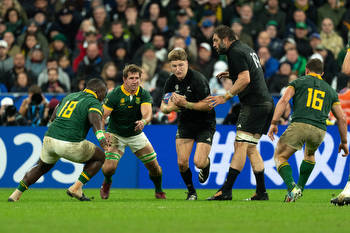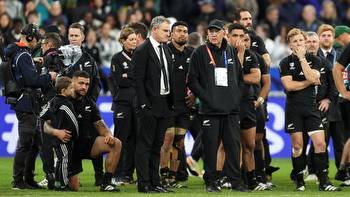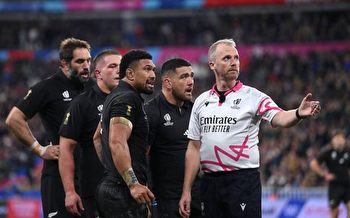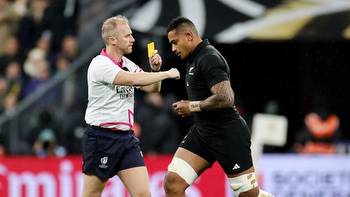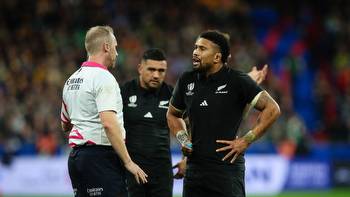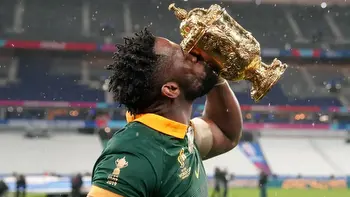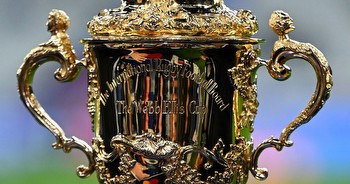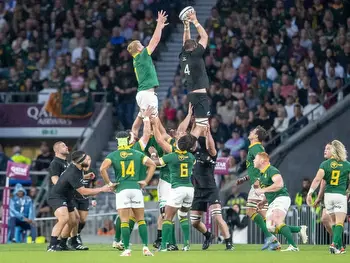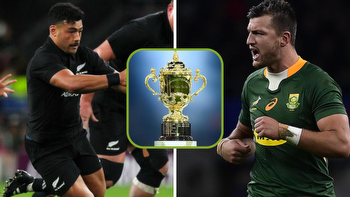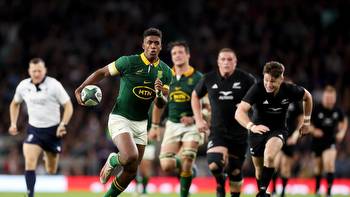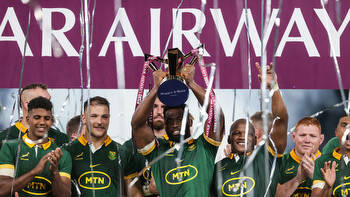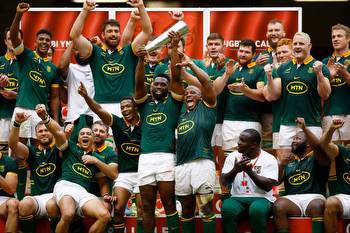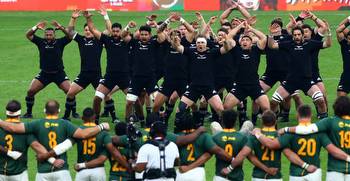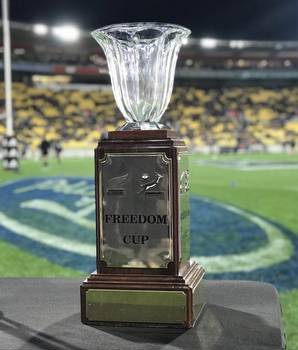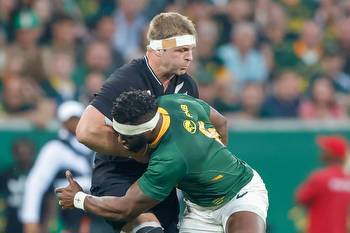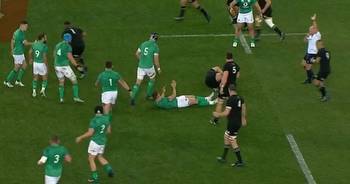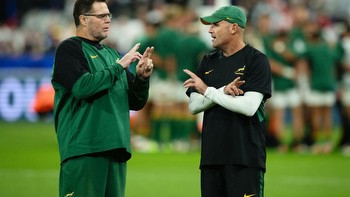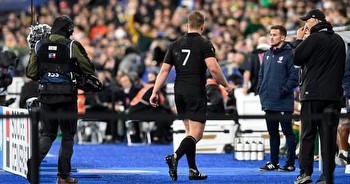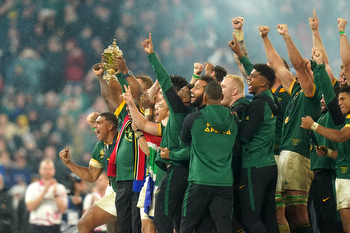All Blacks v South Africa: Mad, memorable World Cup final also a sad day for rugby
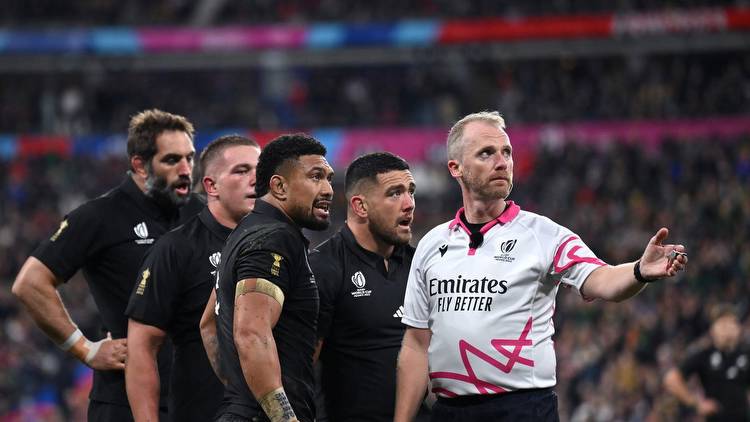
If the final was about being brave to the core, fighting to the bitter end against all the odds, then the champions wouldhave been New Zealand.
But South Africa are champions, worthy ones too, because they had what it took to score more points and resist the tenacity of an All Blacks team that couldn’t quite match their courage with the finesse and accuracy that was required to sneak the win.
What ultimately made it a classic final – if a little frantic and wild – was that South Africa’s defensive resolve was just as defiant as New Zealand’s refusal to buckle when they had to play for so long with a numerical disadvantage.
It ended up being the sort of mad, memorable final that everyone wanted and one that will eat away at the All Blacks for years to come.
The red card Sam Cane was shown midway through the first half will forever be seen as the defining moment, and while it was undeniable that it swung the contest South Africa’s way, there was also an undeniable sense that New Zealand just didn’t bring their A-game with them.
They couldn’t find the flow and cohesion that has marked their campaign since they lost to France in the opening game.
Maybe it was nerves, maybe it was the speed and tenacity of South Africa’s defence, but for all their gallantry in staying in the fight and looking the more likely team to score in the last quarter when the game hung in the balance, there was an edginess – panic almost – when the half-chances presented themselves.
Even when Jordie Barrett lined up his long-range penalty with eight minutes to go, there was a lack of conviction about him that sort of said he knew it wasn’t going to be New Zealand’s night.
It just had that feel early in the piece when Shannon Frizell was yellow-carded for ruck infringement – one that led to South Africa’s only specialist hooker Bongi Mbonambi limping off.
It felt a harsh call, a bit soft, but it also alluded to the underlying lack of accuracy that was prevailing within the All Blacks.
But no moment was more inaccurate or telling than Sam Cane’s high tackle on Jessie Kriel.
The final was always going to come down to the little moments, a flip pass here, try-saving tackle there, a big scrum, a dropped ball, a missed kick.
Sadly it came down to a slow reaction by Cane, a split-second loss of concentration when he saw Kriel unexpectedly pick up a loose ball.
Cane was too slow to drop his body height, and before he knew it, his shoulder had crashed into Kriel’s head and the red card became inevitable.
It was a sad moment for the game and the World Cup because no one, presumably, wanted a red card to be the differentiator in the final.
The officials had no choice though: it met the threshold for red as Cane was upright, it was direct contact to the head and while every Kiwi on the planet was searching for a mitigating factor, there really wasn’t one.
And, of course, it was a horrible moment for Cane who will have a lifetime of regret and angst replaying that moment in his head again and again – each and every time making a better decision, a better tackle and then imagining what might have been.
But alas, the moment is his to own for eternity – a burden he must carry, much like Sisyphus had to roll his boulder up the hill.
As futile as it will be to tell him to not agonise, a nation needs to tell him to not agonise: head collisions are an occupational hazard, much like the adjudicating of what status of punishment they deserve.
Cane gets red while South Africa’s captain Siya Kolisi’s was only yellow-carded for an offence that seemed to be almost identical but for the fact that the TMO saw the slightest bend of the knees.
This is how rugby wants to sell itself to the world, though, as a game of chance, a lottery that fans have to be a little mad to buy tickets to watch.
That the All Blacks so bravely continued to believe in themselves and throw in everything they possibly could to salvage the game, there was perhaps a sort of sad irony that it was the old chestnut of failing to be disciplined that cost them.
The All Blacks had been riding their luck on that front all tournament. A yellow card in the opening game, a red in the next, two yellows in the quarter-final.
Their luck was going to run out at some stage, and so it did. They can be proud of their effort, their pride they showed, but they know they had their chances to win this, but just couldn’t take them.
Gregor Paul is one of New Zealand’s most respected rugby writers and columnists. He has won multiple awards for journalism and has written several books about sport.


